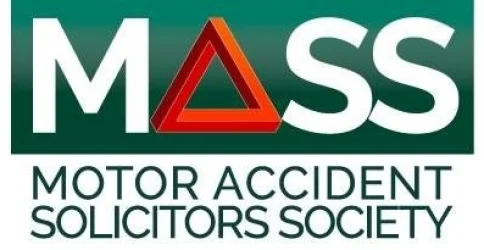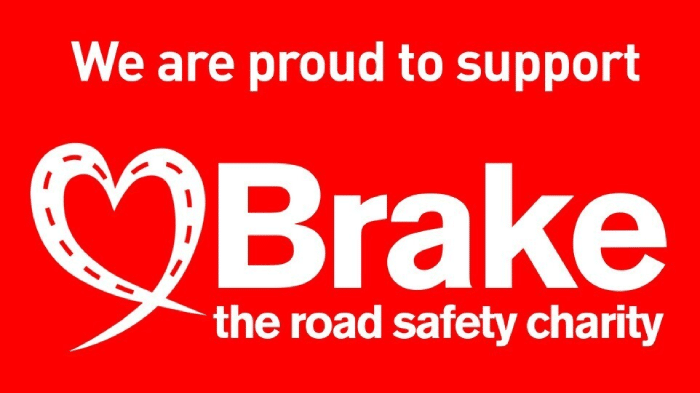Work-related injuries are an unfortunate reality in many workplaces across Northern Ireland. While some workplace hazards are inherent, many accidents are preventable with proper training.
In order to increase awareness, we will examine the main reasons why training is important and explore three industries that benefit significantly from adequate training.
Why is appropriate training vital?
There are multiple reasons why hands-on training is essential for Northern Irish workers in any field:
- It develops hazard awareness and teaches skills that employees can implement to avoid injuries.
- It ensures staff know how to correctly operate equipment.
- It improves compliance with safety laws and regulations in Northern Ireland.
- It promotes a culture of safety.
- It builds confidence in employees skills.
For training to truly be effective, it must extend beyond a single session and instead be an ongoing process. This continuous approach helps account for evolving work conditions and new regulations. Interactive training formats using hands-on demonstrations whenever feasible also promote greater engagement and comprehension from employees. The information is more likely to stick when learned experientially.
Additionally, tailored programs focused on risks unique to each workplace tend to resonate best with employees. Universal content often fails to tackle the precise hazards staff members face daily in their roles. Performing routine risk assessments can pinpoint those role-specific dangers so training can then be customised accordingly.
Common work environments that benefit from training
Many work environments benefit significantly from adequate safety training, including workers in these sectors:
1. Agriculture
Farming carries inherent risks that can be minimised through appropriate safety training. Health and Safety Executive NI reported that the agriculture industry in Northern Ireland consistently experiences a high rate of work-related fatalities. These risks encompass operating heavy machinery, working with livestock, and handling dangerous chemicals. Given these hazards, effective training is crucial.
All farm personnel should receive training that covers first aid, incident reporting, and basic machine safety. In addition, role-specific training is essential. For instance, individuals operating tractors and other equipment should obtain certification. Staff members involved in mixing and applying chemicals should undergo hazardous materials training. Consistent review sessions can strengthen adherence to safety protocols, effectively reducing the likelihood of accidents. By incorporating agricultural training programs, farms can cultivate a culture that prioritises safety and integrates it into every facet of their operations.
2. Construction
Construction sites are abundant with dangers, including falls and machinery accidents, which make them ideal candidates for extensive safety training initiatives. With construction workers routinely performing high-risk tasks, employers bear major responsibility for adequately training staff to prevent injuries.
At minimum, all construction workers should receive general site training on fundamental topics like first aid administration and reporting accidents. Furthermore, providing regular instruction on properly handling materials, operating equipment safely, and utilising personal protective equipment can substantially decrease accidents. Refreshers can help reinforce rules and combat complacency that raises injury risks. By prioritising comprehensive, continuous training tied to construction roles, companies can significantly improve safety across this industry.
3. Manufacturing
Manufacturing facilities are another high-risk environment filled with machinery and hazardous materials that require extensive training. Common accidents involve workers getting caught in equipment, falling from heights, or having chemical exposures.With many potential dangers, manufacturers should always make training a top priority.
All employees should receive an orientation outlining emergency procedures and have an overview of general safety rules in the facility.But roles like machine operators require in-depth education on every type of equipment they use. Workers handling chemicals need training in proper personal protective equipment and have a spill response.
Reach out to our work accident solicitors if you’ve been injured
If you have suffered an injury at work that could have been prevented with proper training, you may be entitled to claim compensation. Our solicitors have helped countless workers in Northern Ireland over the past 50 years.
If you or a loved one have been injured in a workplace accident in Northern Ireland, contact our solicitors in Belfast, Glengormley and Carrickfergus today for a free consultation. We’re here to help.













